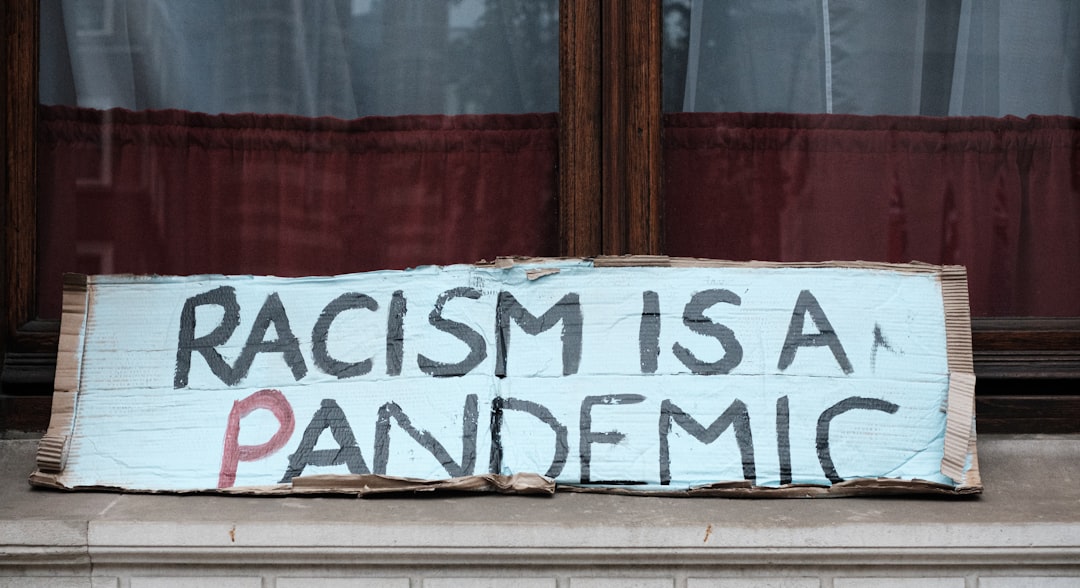What is it about?
This article examines moral panics about sex trafficking that the public wrongly believe to occur around major sporting events such as the Olympics and World Cup. It traces these panics to fear-mongering campaigns perpetrated by coalitions of anti-prostitution feminist groups, evangelical Christians, neoliberal business developers, and state security forces. The research concludes that these panics actually result in an increase in raids and violence against women who sell sex. The article then positions this finding in a theoretical context where sexual values are changing in ways that exclude certain sexual minorities and celebrate others.
Featured Image
Why is it important?
In an era of media saturation, misinformation spreads virally. This is certainly visible in the context of media headlines and coverage of popular sporting events and salacious topics like sexual tourism, sex trafficking, and prostitution. Moreover, this myth began in the early 200s and has only grown, indicating that it is congealing as a "known fact" for the media despite overwhelming social scientific evidence that there is no meaningful correlation between sex trafficking and sporting events, but there is a high correlation of selective policing, violence against women in sex trades, and misclassification of sex work as sexual trafficking.
Perspectives
This is an article that took years to research and involved many interviews and extensive fieldwork in brothels in Rio de Janeiro as well as research trips to London, Cape Town, Athens, Doha and other sites. It draws heavily on an international research collaboration housed at Brazil's Universidade Federal do Rio de Janeiro.
Dr Gregory Mitchell
Williams College
Read the Original
This page is a summary of: Evangelical Ecstasy Meets Feminist Fury, GLQ A Journal of Lesbian and Gay Studies, January 2016, Duke University Press,
DOI: 10.1215/10642684-3479306.
You can read the full text:
Resources
Contributors
The following have contributed to this page










